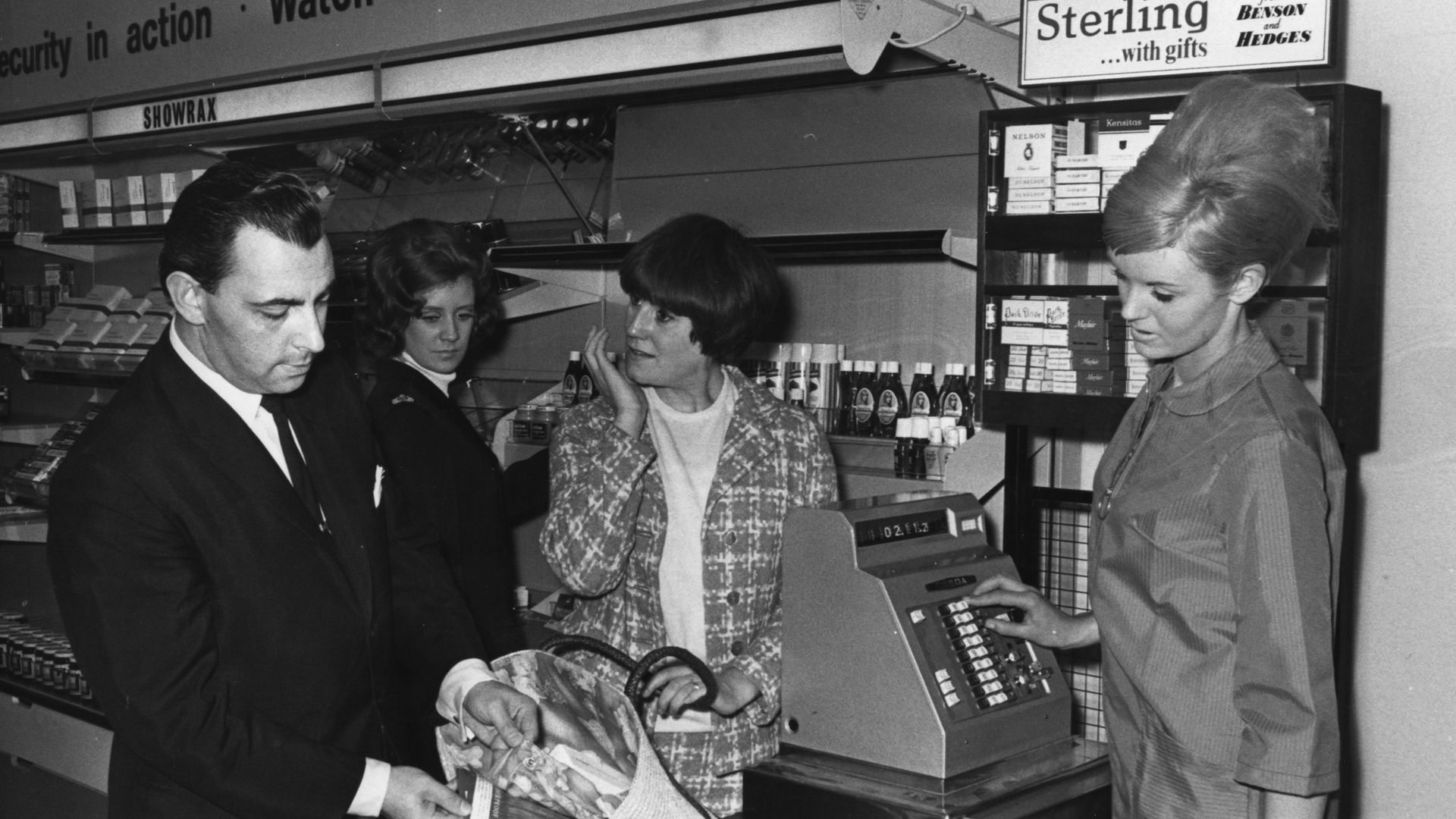
In the wake of the subs-postmaster scandal, WILL SELF encounters an actual criminal at the Post Office and ponders the hierarchy of crime
I ran into X in the post office queue – but then regular readers will know this is where some of MM’s most significant encounters occur; at least when it comes to conducting the real-time extempore ethnography that constitutes the meat of this column. Despite the dreadful reputational damage following the recent acquittal of hundreds of sub-postmasters wrongfully convicted of fraud, and the overall deterioration of the service, the Royal Mail has been having a good pandemic. Banged up in our houses and flats, many of us have taken to purging our possessions and flogging them off online – while others have gone online to defraud hapless consumers of the spare cash they may well have acquired by… flogging off their possessions online.
IRW fraud is so passé – it’s internet fraud where the action is – by some estimates, there’s been a year-on-year increase of 60%, with such huge volumes of ‘fishing’ text messages and emails being sent out that if you get a new mobile number or email address now, it’s likely to be contacted by a scammer within a fortnight. It seems that just as social media afford people with the opportunity to behave in antisocial ways they’d never get away with in person, so internet commerce affords others the opportunity to perform thefts they’d never have the guts to pull off in physically. One of my sons has had two such crimes perpetrated against him in the past year – first, it was a new computer taken from a pick-up location minutes before he arrived. This was almost certainly an inside job, with a gang member working for the courier; and then the old computer, advertised on Gumtree, was almost spirited away by a combination of faked PayPal payment notifications and text messages.
All of which makes X a little refreshing: “What’re you up to?” I asked, “Oh, y’know my paying gig, Will,” he replied a little shamefacedly, gesturing to the shopping bag at his feet loaded with neatly-wrapped parcels and sealed Jiffy bags, all carefully addressed. “High-end shopping parks. I only do designer outlets…” he tailed off. In truth, while I’ve run into and chatted with X a number of times over the past few years, I didn’t in fact know this was his gig; I knew he’d done some time, and been mixed up in various anarchic activities – graffiti tagging, illegal raves – but he hadn’t vouchsafed he was a shoplifter.
Unsurprisingly, really – in the old-style London criminal hierarchy (and X is a Cockney born and bred) hoisters are pretty lowly creatures, even if they are stealing from high-end outlets. Up above them ascends a perverse pantheon of peculation, with kiters (passers of stolen cheques and other fraudulent financial instruments), fences, conmen and sundry other tea-leafs – all the way up to those ‘pavement artists’ also known as ‘the chaps’ or ‘the heavy mob’: those thieves inclined to enter banks or jewellers and at gunpoint relieve them of their cash and valuables. To be a celebrated ‘chap’ is to ascend to the paramount status and become ‘a face’.
Growing up in the London of the 1960s and 70s, early on MM acquired an unhealthy fascination with crime and the so-called criminal underclass. The Hampstead Garden Suburb – where I was brought up effectively inside a privet hedge – was scarcely one of those communities in which everyone was in and out of each other’s houses (and often with each other’s possessions), which is perhaps what made the notion of ones where this was the perverse norm quite so appealing: anything – including rank dishonesty – to avoid the genteel hypocrisy of the English middle class. Still, tempus fucks it for all estates, and by the time I got to know some of the chaps in the early 1980s, there was a widespread consensus that crime just wasn’t what it used to be.
Specifically, that more and more n’er-do-wells were doing just that – and ignoring the criminal codes hitherto enshrining the slippery ethic that – in the immortal words of Bob Dylan – “to live outside the law you must be honest”. Not mugging old ladies – or indeed otherwise molesting either women, the very old or the very young – was in theory balanced by a positive ethic of enacting vengeance on nonces and grasses with a jugging (a mixture of boiling water and sugar that guarantees first-degree burns). Of course, the ‘code’ was always a complete fiction – a bit like the idea that the UN Declaration of Human Rights could be applied on the battlefields of Iraq and Afghanistan.
No, crime is always about being antinomian – just as warfare is always about unlawful killing. Still, at least X has the guts to go mano-a-mano with those whose property he regards as theft. By contrast, internet fraud seems to me a bit like attacking Islamic State or the Taliban with drone strikes.










